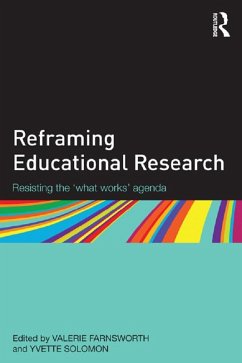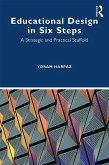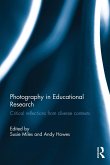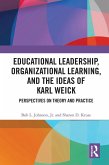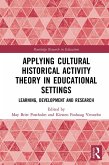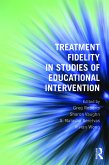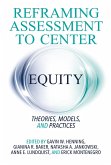It is generally agreed that the problem of research use in education is multifaceted, involving a combination of issues attributed not only to the user end but also to the production end of research itself. This book uses a variety of context-sensitive theoretical approaches (e.g. Cultural Historical Activity Theory, discourse analysis, and Communities of Practice) to understand practice, enabling us to interrogate assumptions and to consider the possibilities for the application of research in the pursuit of evidence-based practice.
At its core this book focused on two commonly held assumptions:
As the writers show these assumptions betray misconceptions about theory and practice which need to be explicitly addressed and unpacked. To understand better the realities of the situation the international contributors provide a range of perspectives on theorising and practicing which explicitly consider the relationships between these activities which are too often, and mistakenly, treated separately.
At its core this book focused on two commonly held assumptions:
- that "best practice" is readily identifiable in a way that is then transferrable to new contexts for use by practitioners more widely, and
- that theory will not help with what to do on Monday morning in the classroom or in developing policies with direct and visible impact.
As the writers show these assumptions betray misconceptions about theory and practice which need to be explicitly addressed and unpacked. To understand better the realities of the situation the international contributors provide a range of perspectives on theorising and practicing which explicitly consider the relationships between these activities which are too often, and mistakenly, treated separately.
Dieser Download kann aus rechtlichen Gründen nur mit Rechnungsadresse in A, B, BG, CY, CZ, D, DK, EW, E, FIN, F, GR, HR, H, IRL, I, LT, L, LR, M, NL, PL, P, R, S, SLO, SK ausgeliefert werden.

